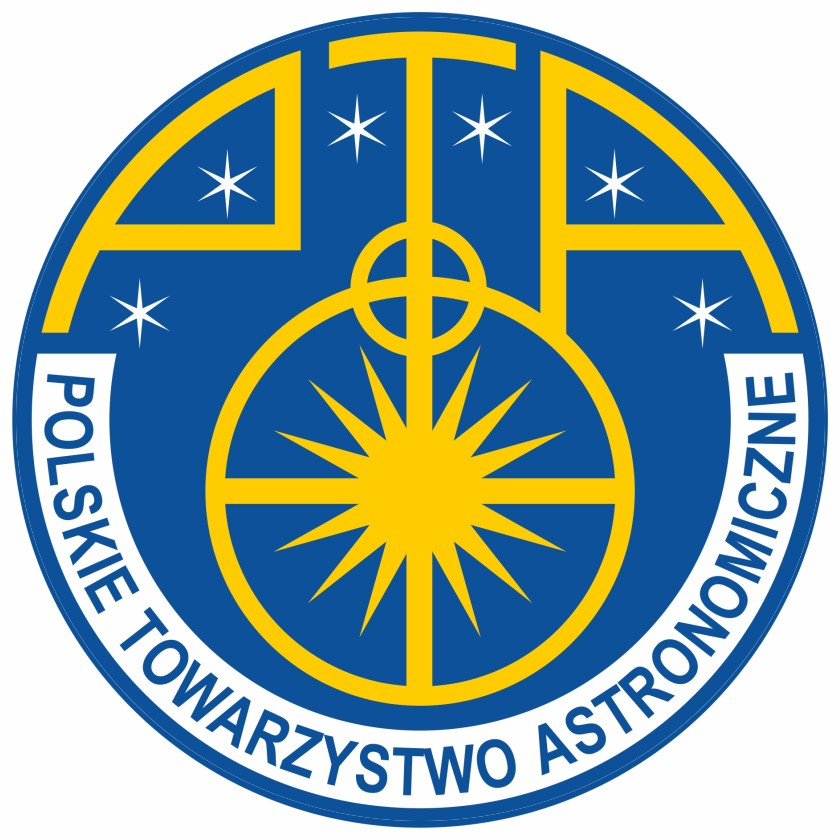Anjitha John William Mini Latha
Centrum Fizyki Teoretycznej PAN
Sesja VII: Kosmologia i ewolucja galaktyk
Czwartek 14.09.2023 17:00 – 17:12
abstrakt:
Redshift is the key quantity to constrain the models of galaxy evolution and for cosmological analyses, the basic proxy for galaxy distances, it allows us to map the 3D large-scale structure. In modern wide-angle deep surveys, most of the redshifts are derived indirectly from photometry rather than spectroscopy. In this talk, I will discuss the use of Convolutional Neural Networks (CNN) for photometric redshift (photo-z) estimation of galaxies from imaging data of the Kilo-Degree Survey (KiDS) broadband.
CNNs have recently shown promise in accurately estimating photometric redshifts, leveraging the ability of deep learning algorithms to capture complex patterns in large datasets. I propose a new architecture based on Inception to estimate the photometric redshift of galaxies by training the network with a spectroscopic redshift of galaxies.
In this talk, I will describe the architecture of CNN and the training process, the effect of hyperparameters and loss function on photo-z estimation, and, highlight the advantages of using a CNN over traditional machine learning algorithms. I will present the results of experiments, comparing the performance of CNN to other state-of-the-art photometric redshift estimation methods. Finally, I will discuss the potential implications of this work for future astronomical surveys and cosmological studies.
